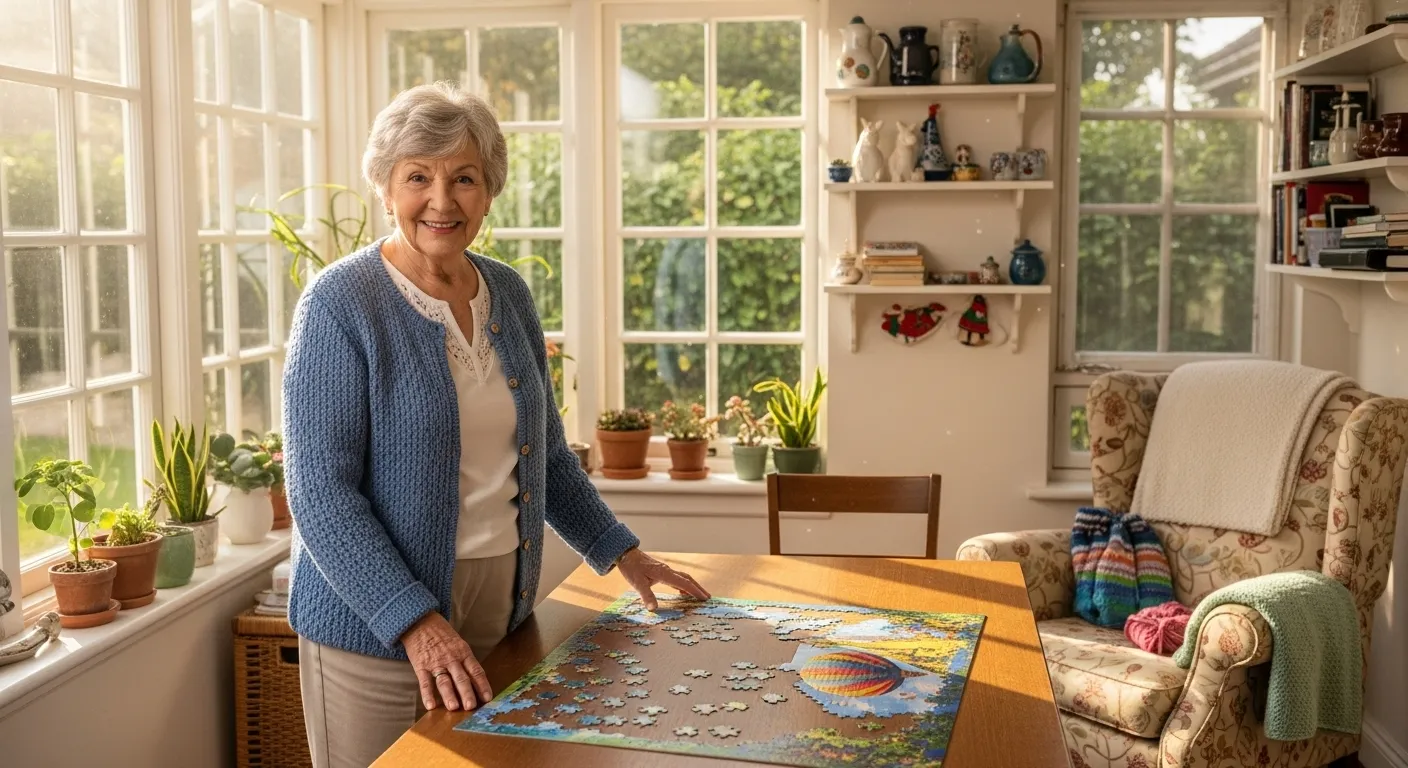

Introduction: Prioritizing Your Health with This New Chapter
For decades, your home may have been a bustling hub of activity—filled with the sounds of children, the rhythm of school schedules, and the constant, loving demands of parenthood. Now, as your adult children have moved out to start their own lives, you may find yourself in a quiet, unfamiliar space. This major life event, often called “empty nest syndrome,” is a significant transition that can bring a mix of pride, freedom, sadness, and even a sense of loss. While not a clinical diagnosis, the feelings associated with an empty nest are very real and can deeply impact your emotional wellness.
Navigating these complex emotions is a crucial part of maintaining your overall health and independence as you move through your 60s and beyond. This period is not an ending but a new beginning—an opportunity to rediscover yourself, reconnect with your partner, and design a life that brings you joy and fulfillment. Taking proactive steps to cope with this change is an investment in your mental health, which is just as important as your physical health. This guide is designed to offer practical, safe advice to help you embrace this new chapter with confidence and grace, always remembering that your well-being comes first.
—


















